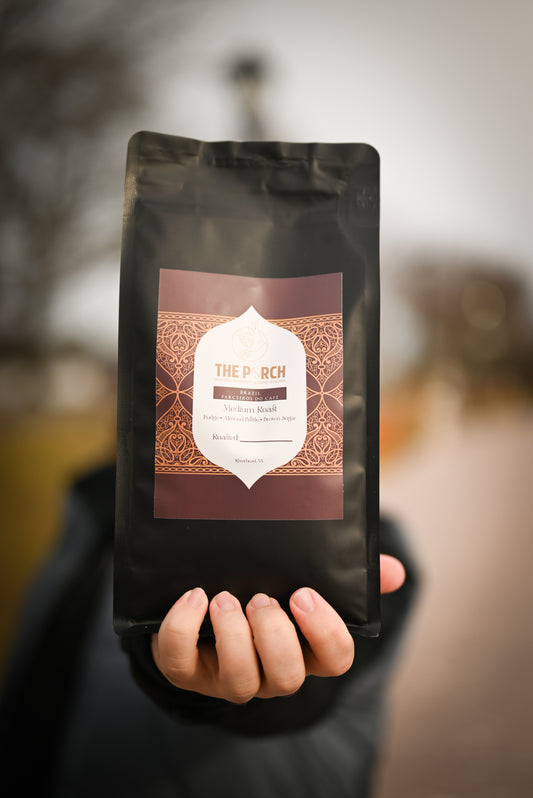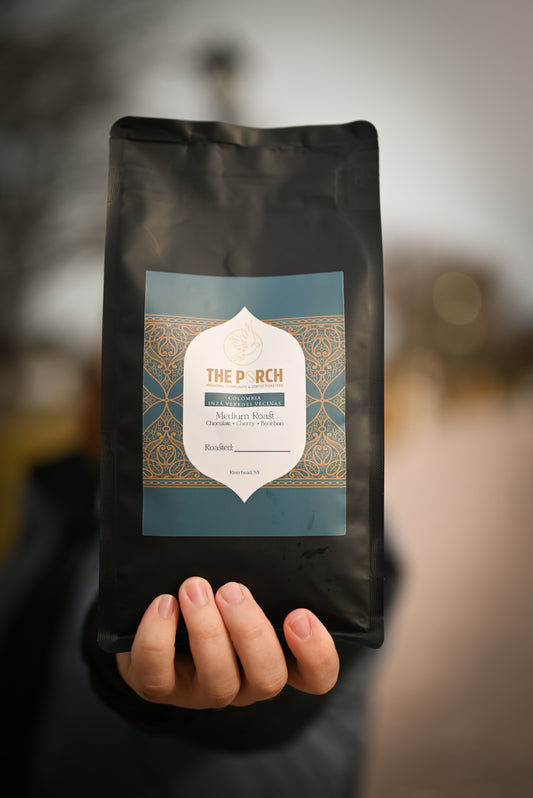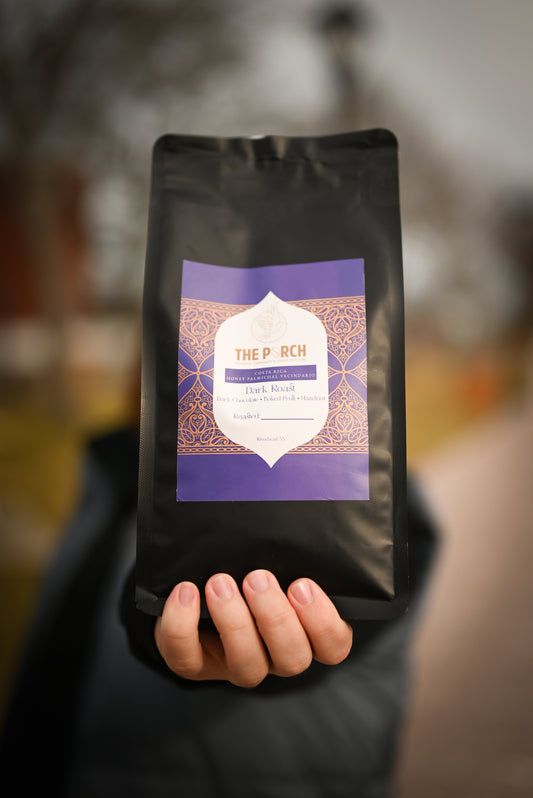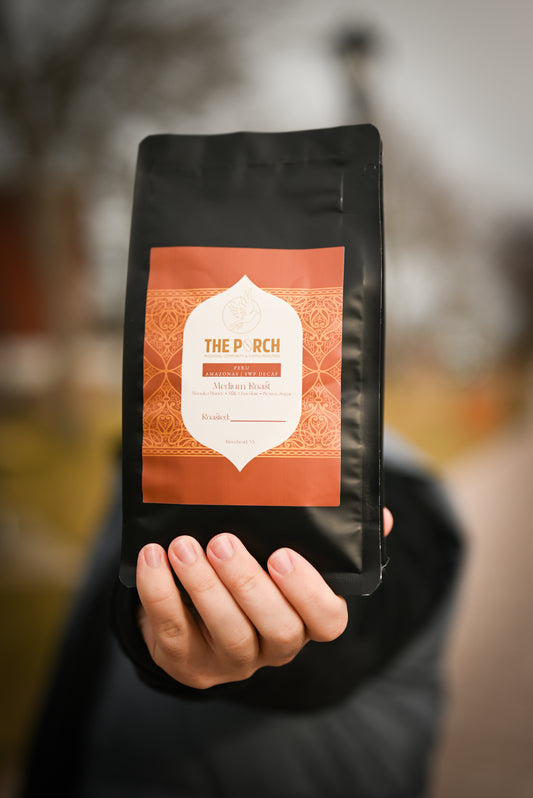The Dark Side of White Label Coffee
In the world of coffee, consumers are often faced with a wide variety of options, including the choice between locally roasted coffee and white label coffee. White label coffee is much harder to spot than locally roasted coffee as well since local companies brand it with their own labels. While both have their benefits, they represent two very different approaches to coffee production and branding. Learning about these differences can help you understand why The Porch Coffee Roasters uses only locally roasted coffee we produce ourselves.
What is Locally Roasted Coffee?
Locally roasted coffee refers to coffee beans that are roasted by independent, local roasters within or near the community. This method brings many benefits to both the consumer and the local economy, including:
-Freshness: One of the main advantages of locally roasted coffee is that the beans are typically roasted in small batches and consumed soon after roasting, ensuring maximum freshness. If you've ever had a cup of Porch coffee at one of our pop-up events, you've tasted that freshness firsthand.
-Flavor and Craftsmanship: Local roasters are often passionate about the art of roasting and can experiment with different roast profiles, origins, and blends, resulting in unique and high-quality flavor profiles. Each batch is roasted with attention to detail, making for a more artisanal product. Our Breeze Hill Blend is a perfect example of the art and experimentation that goes into our products. (Find it exclusively at the Breeze Hill Farm Store in Peconic, NY.)
-Supporting Local Business: Purchasing locally roasted coffee helps strengthen your community by supporting local entrepreneurs and small businesses. It fosters a sense of connection between consumers and the people who craft their coffee.
-Transparency and Sustainability: Many local roasters prioritize transparency, offering insights into where their beans are sourced and how they’re produced. This often includes a focus on ethically sourced or fair-trade beans, contributing to more sustainable coffee practices. You can read more about our commitment to transparency and sustainability here and here.
What Is White Label Coffee?
White label coffee refers to coffee that is roasted by a third-party supplier but branded and sold under another company's name. While it may sound similar to locally roasted coffee, white label coffee differs in several key ways:
-Branding: The coffee is often mass-produced and sold to various companies who then market it under their own label. This allows companies, even those without their own roasting operations, to sell coffee as part of their brand.
-Customization Options: White label coffee offers companies flexibility to choose pre-existing blends and beans, but customization is typically more limited compared to working with a local roaster. The focus is often on consistency rather than uniqueness.
-Lower Costs: White label coffee can be more cost-effective for businesses because they don’t need to invest in roasting equipment or expertise. The economies of scale in mass production can reduce overhead, making white label coffee a common choice for larger businesses or startups looking to enter the coffee market.
-Consistency: Since white label coffee is mass-produced, it offers consistent quality and flavor across large batches, which can be advantageous for businesses looking to maintain uniformity in their products.
Which One Should You Choose?
If you’re looking for a coffee experience that highlights craftsmanship, unique flavors, and supports local businesses, locally roasted coffee is an excellent choice. When you order from The Porch Coffee Roasters, you'll get fresher beans, greater transparency, and a direct connection to the roasters.
White label coffee is designed primarily for the convenience of coffee companies and retailers, not for the consumers, and therefore, the end result is a lower quality product that ends up in your cup. What white label suppliers don't advertise is that mass-produced coffee is always inferior to locally roasted coffee. The consistency and low costs that they do advertise are marketing-speak for coffee that's mostly over-roasted and lower quality.
While both options have their place in the coffee world—we get it, sometimes paying $20 for a bag of coffee just isn't in the budget, no matter how good it tastes—we also believe that you deserve to be informed and make a decision based on your values. Whether you prioritize creativity and local support or cost-efficiency and convenience, you should know exactly what's in your morning cup of coffee.
If you're interested in trying our local, hand-roasted, small-batch, organic coffee, check out the products below.




